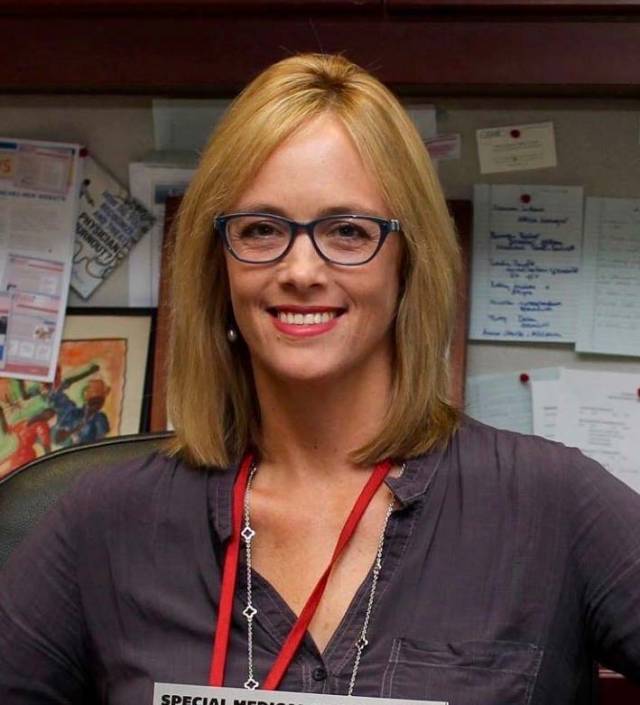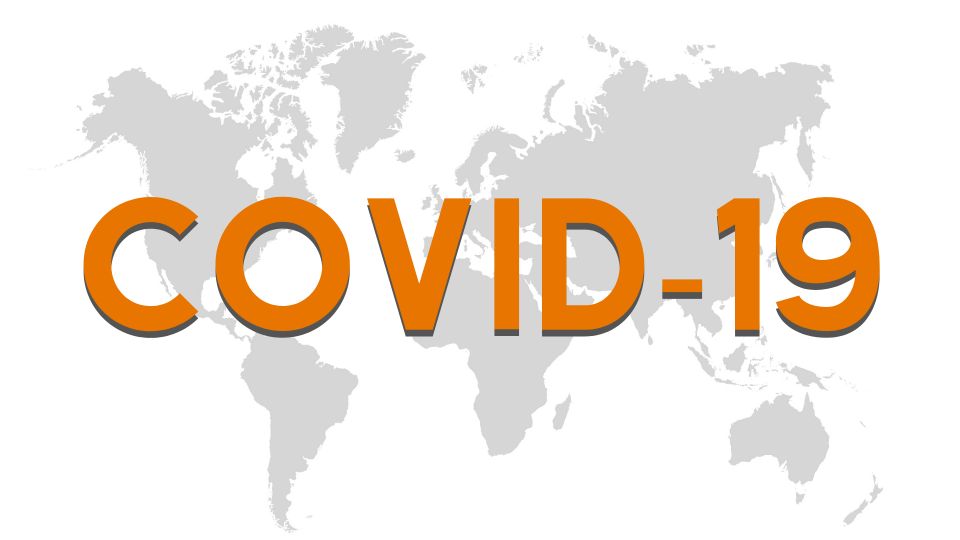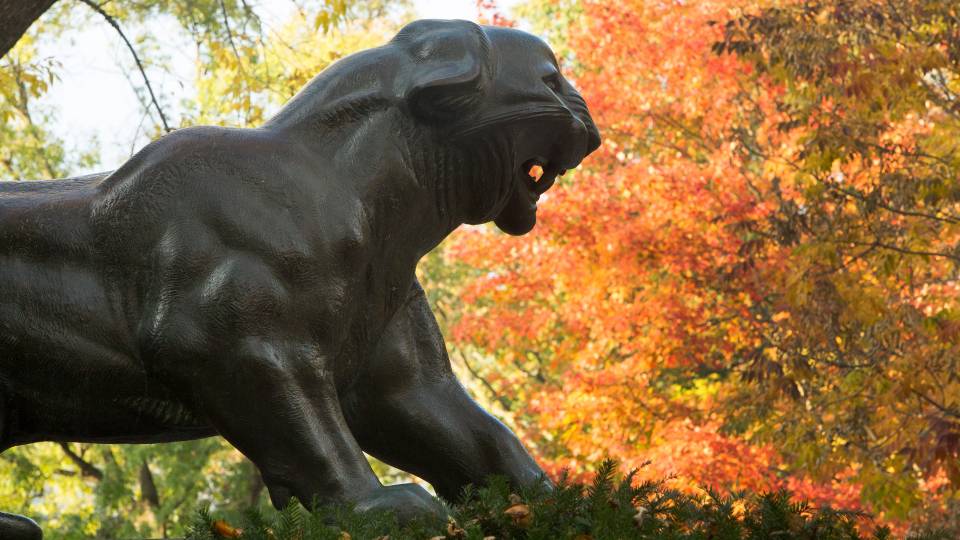Dr. Melissa Marks, a Class of 1986 graduate with over 20 years of experience in pediatric, adolescent and adult medicine, will become the next director of medical services at Princeton’s University Health Services (UHS). She will start June 8.

Dr. Melissa Marks
UHS is a fully accredited health care facility that provides medical, mental health and wellness services to Princeton undergraduate and graduate students, their dependents, and faculty and staff.
As director of medical services, Marks will oversee UHS’ outpatient medical services, athletic medicine, employee health and the Infirmary. She will be integral to the University’s ongoing response to the COVID-19 pandemic, working with UHS staff and with departments across campus to ensure the health and safety of the University community.
Marks was most recently president of medical staff at the Greater Baltimore Medical Center (GBMC), a community health care system in Maryland. She was the organization’s first female chief-of-staff and oversaw a medical workforce of 1,200 physicians, nurse practitioners and physician assistants.
“Dr. Marks is a much-admired clinician and educator. She views patients holistically and has served as role model for countless health professionals,” said John Kolligian, executive director of Princeton’s University Health Services. “In her most recent role at GBMC, which combined clinical care and administrative leadership, she was an innovative and transformative leader, known for her collaborative, supervisory and teaching skills.”
Marks graduated from The Johns Hopkins University School of Medicine and is board certified in pediatrics. She worked at GBMC for 17 years in various roles, including as vice chief of staff, director of GBMC’s Pediatric Advanced Life Saving Program and clinical director of GBMC’s Pediatric Emergency and Inpatient Services.
She also served as a preceptor at Johns Hopkins School of Medicine for 15 years and as a consultant to Sheppard Pratt Psychiatric Hospital. She has special expertise and interest in the interface between medical and mental health problems with adolescents and young adults.
“Dr. Marks has been actively involved in medical education and supervision at all levels during her career,” Kolligian said. “She is committed to supporting UHS Medical Services’ strengths and finding ways to build on its collaborative talents to help our students thrive and excel. I am confident that she will advance UHS as a place where engaged student and staff learning flourishes.”
Marks said she feels lucky to return to Princeton, “surrounded by thoughtful and dedicated people in an environment of rigorous scientific exploration and innovation.” She’s prepared to help guide the University’s COVID-19 response.
“I look forward to working with a team of enormously talented and engaged individuals to create the safest possible environment for education and growth in our changed world,” she said.
She continued: “I am well-versed in rapidly changing roles to deal with new forms of risk. In my new role, I will focus immediately on finding out what Princeton needs during this time of restructuring in response to the pandemic. I will bring the medical knowledge and experience of a frontline medical provider as well as an understanding of administration and strategic planning to this role. Above all, I will work to build the trust of this new community I am privileged to serve because without trust, no system can function well or mitigate risk.”
Marks said she also looks forward to working directly with undergraduate students and graduate students, whether through in-person or remote medical services.
“My new role as director of medical services encompasses everything I am interested in — the health and wellbeing of adolescents and young adults, management of complex systems, leadership, creativity and transformation, all in a community that I know and love,” Marks said.
As a Princeton undergraduate, Marks majored in history and took pre-med classes. She said she decided to become a physician after teaching English for four years after graduating from Princeton.
“During this period of teaching adolescents, I became interested in how emotions impacted behavior and affected physical wellbeing,” Marks said. “A dear friend of mine and Princeton classmate, Carolyn Burrows, now Carolyn Barber, had made the leap to medical school several years after graduation from college, and she inspired me to do the same.”
Marks said she returned to Princeton in the early 1990s to take two classes required for medical school through the Program in Continuing Education.
“As you can see, my Princeton experiences influenced and made possible my decision to become a doctor in myriad ways,” she said.






















